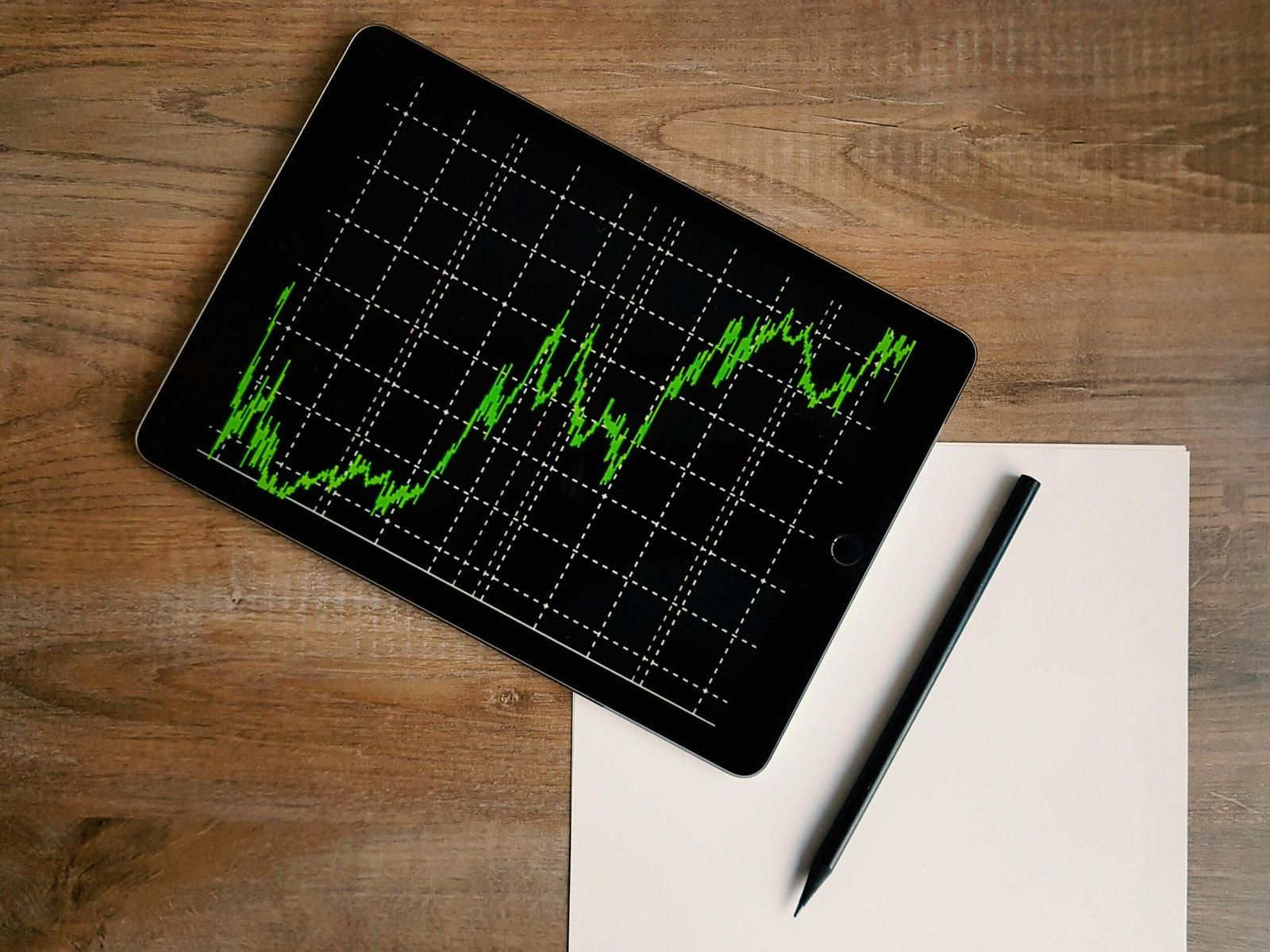In today’s rapidly changing world, the ability to evolve and grow personally has become more valuable than ever. Personal growth is not just a trendy term — it’s a lifelong process of self-discovery, improvement, and intentional transformation. Whether you’re aiming to enhance your skills, improve your mindset, or elevate your lifestyle, mastering personal growth gives you the foundation to build a fulfilling, purpose-driven life.
At its core, personal development starts with awareness. Before any change can happen, you must first identify the areas of your life that need attention. This could be your emotional well-being, physical health, productivity, communication skills, or even the way you handle stress. Once you’re clear on where you stand, setting clear and meaningful goals becomes the next logical step.
But goal-setting is not just about writing a list of things you wish to achieve. It’s about designing your future in a way that is both realistic and aligned with your core values. One effective method is to use a framework like the “Life Wheel” to evaluate different areas of your life — health, relationships, career, finances, and personal fulfillment. A visual breakdown of this wheel helps pinpoint which parts require more energy and which ones are already thriving.
A simple table to evaluate your personal satisfaction might look like this:
| Life Area | Satisfaction (1–10) | Goal for Improvement |
|---|---|---|
| Health | 6 | Exercise 3 times per week |
| Career | 5 | Learn a new skill online |
| Relationships | 7 | Spend more time with family |
| Finances | 4 | Start a monthly savings plan |
| Personal Growth | 6 | Read one book per month |
This type of self-assessment brings clarity and allows you to set clear priorities.
Discipline and consistency are the next building blocks. It’s not the massive actions once a year that shape your life, but the daily habits. Waking up 30 minutes earlier to journal, meditate, or plan your day can significantly improve your clarity and motivation. You don’t need to wait for perfect conditions to begin — start small, but start now.
Mindset plays a crucial role. Positive thinking, self-belief, and the ability to reframe challenges into opportunities fuel sustainable progress. When obstacles arise — and they always do — a growth mindset helps you treat failures as lessons instead of setbacks. Affirmations, visualization, and surrounding yourself with a support network of like-minded individuals all reinforce your journey.
Another powerful tool is reflection. At the end of each week, ask yourself: What did I do well? What could I improve? What did I learn? A short review session builds accountability and helps you track your progress more effectively than just charging forward blindly.
Also, never underestimate the role of environment. If your surroundings drain your energy or distract you from your goals, change them. Declutter your space. Turn off notifications. Create digital and physical spaces that support your intentions.
Technology can be a valuable ally too. Use productivity apps, digital planners, habit trackers, and even mood journals to keep you focused. But remember, these tools should serve your life — not replace it. Avoid falling into the trap of over-optimizing without taking action.
Finally, celebrate small wins. Personal growth isn’t a destination — it’s a path. And while the ultimate goal may be a better version of yourself, it’s essential to appreciate the progress you’re making each day. Whether it’s a completed book, a new connection, or simply waking up feeling more inspired — each step counts.
In conclusion, personal growth is a journey rooted in intention, structure, and continuous action. By becoming more aware, setting meaningful goals, adopting empowering habits, and nurturing the right mindset, you position yourself to live not just a good life — but a great one. The best investment you’ll ever make is in yourself. Start today, and let your growth become your legacy.

